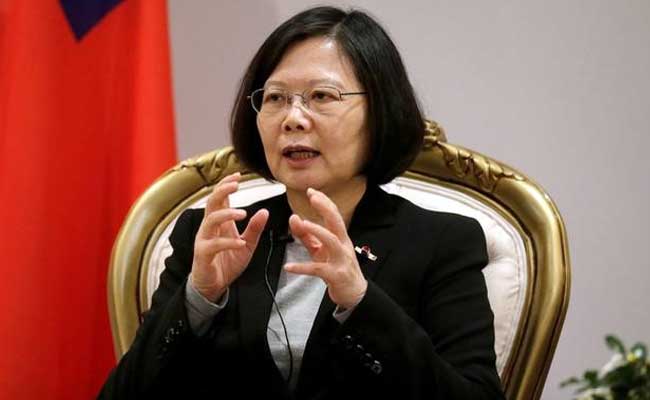


The way I wanted to write the book, initially, I wanted to include very little contextual information. I wanted to write all of this down as these things were still happening so that I could remember them. Between the time I started as a reporter to the time when the protests were happening, so much had changed ideologically, and also in terms of where the city was headed and what kind of future we were going to have. I started writing essays for international publications in 2019, and at the time, I started freaking out because things were changing so quickly.

Karen Cheung: I didn’t really go into it with a plan. Could you talk a little bit about how you structured the book?

Rosemarie Ho: The Impossible City begins with a series of vignettes about the different versions of Hong Kong people inhabit that form a kind of map, before moving on to your childhood and the Hong Kong that you arrived at and learned to appreciate in your adulthood. In that spirit, we discussed her book, the positionality of Anglophone writers within Hong Kong’s literary traditions, and her thoughts on covering the indie music scene. That exceedingly rare opportunity afforded us the opportunity to cultivate our development as writers within a language that wasn’t technically our first. Cheung and I have one thing in common-we both taught ourselves the subject outside of regular class time with the help of teachers who kindly didn’t charge us, because neither of our religious public schools was equipped to teach middle- or working-class high schoolers bits and pieces of Shakespeare, Lord of the Flies by William Golding, and other such remnants of the British curriculum as would be likely to pop up on exams. In Hong Kong, whether or not your secondary school offers English literature as an elective for public exams is a surefire indicator of the class stratum you and your school occupy. Cheung writes with a brisk tenderness, narrating major historical shifts within the city with the same level of care and attention as she details interactions with old roommates. There are detours here and there, about the indie music scene, the mental health system, before moving toward the protests in 2019 and its devastating aftermath. In it she relates the story of her childhood in post-handover Hong Kong, her fraught adolescence and coming of age (narrated in a series of apartment moves), and how she came to care for a city that has decidedly not been hospitable to her or most other people. Parts of those essays surface in Cheung’s new book, The Impossible City: A Hong Kong Memoir.


 0 kommentar(er)
0 kommentar(er)
